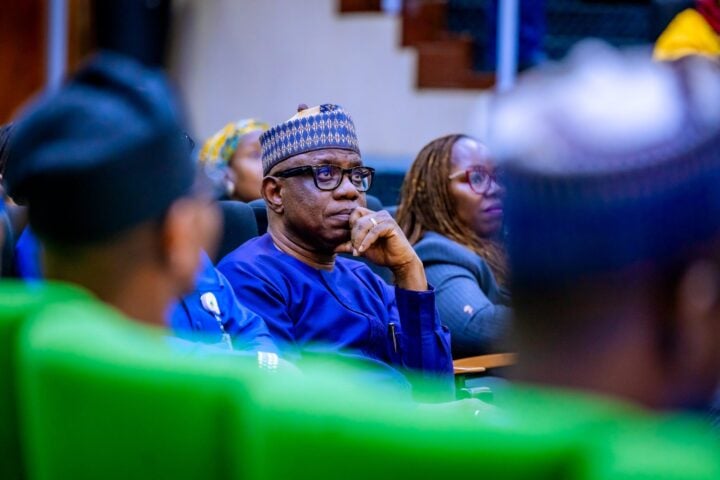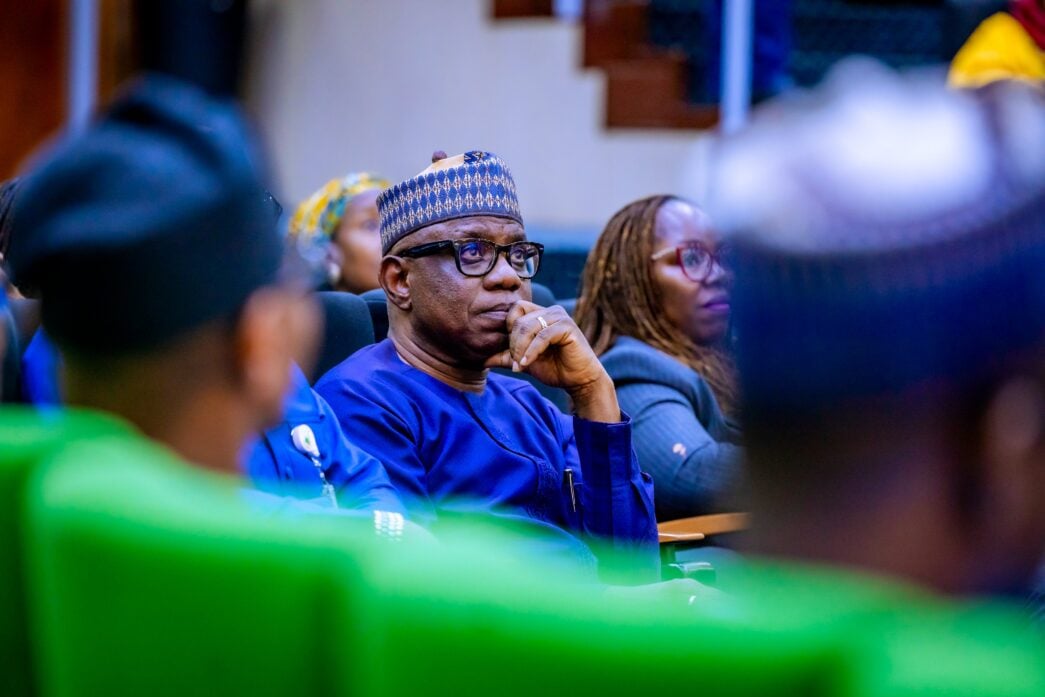BY JONATHAN EZE
In a powerful display of engineering excellence and decisive leadership, the Nigerian National Petroleum Company Limited (NNPCL) has achieved two historic milestones: the successful completion of the River Niger crossing under the Ajaokuta-Kaduna-Kano (AKK) Gas Pipeline Project and the restoration of 100 percent availability across Nigeria’s critical oil and gas pipeline network.
The River Niger crossing, widely regarded as the most technically demanding section of the 614-kilometre AKK pipeline, has now been completed using advanced Horizontal Directional Drilling (HDD) techniques.
The crossing, which cuts beneath Africa’s longest river, required a high level of precision to preserve aquatic ecosystems and ensure uninterrupted river navigation. Its completion represents not just an engineering triumph, but a major step forward in linking Nigeria’s gas-rich southern corridor to the industrial and power-hungry north.
Advertisement
The AKK pipeline is central to Nigeria’s long-term energy security and industrialization plans. Designed to transport over 3.5 billion cubic feet of gas per day, the project is expected to power factories, support electricity generation, and create jobs across the country’s inland regions.
By completing the River Niger segment, NNPCL has effectively removed one of the largest bottlenecks to timely delivery of the project, reviving hopes of a swift commissioning and rollout of its benefits.
In a related development, NNPCL also announced that Nigeria’s entire strategic pipeline network—covering crude oil, natural gas, and refined products—is now operating at full capacity.
Advertisement
This 100 percent availability marks a dramatic turnaround for a country that, for years, struggled with persistent pipeline vandalism, technical breakdowns, and unplanned shutdowns.
The announcement is being hailed as a landmark achievement, not just for the company, but for the broader oil and gas sector. Pipeline reliability is a critical metric for both operational efficiency and investor confidence, and NNPCL’s ability to achieve this in such a short span has drawn praise from industry watchers.
This dual milestone comes under the leadership of Engr. Bayo Ojulari, the Group Chief Executive Officer of NNPCL, who assumed office just four months ago.
A seasoned energy executive with decades of experience in upstream operations, Ojulari has so far shunned theatrics in favour of disciplined execution. His administration has focused on stabilizing core infrastructure, eliminating waste, and reestablishing Nigeria’s reputation as a serious player in the global energy space.
Advertisement
Ojulari’s reforms have included real-time pipeline monitoring systems, enhanced contractor accountability, and targeted community engagement to reduce sabotage.
The result has been a sharp reduction in vandalism-related disruptions and a revival of dormant or poorly maintained infrastructure. Industry analysts say the approach signals a shift from reactive crisis management to proactive institutional performance.
Beyond the technical achievements, these developments are reshaping perceptions of the NNPCL itself. Once viewed largely through the lens of inefficiency and mismanagement, the company is now being repositioned as a credible, commercially viable national oil company that can compete with its global counterparts.
The impact is already being felt across the economy. More reliable pipelines are ensuring steady crude deliveries to export terminals and local refineries, improving foreign exchange inflows and stabilizing domestic fuel supply.
Advertisement
Meanwhile, the AKK pipeline—now within reach of completion—is poised to unlock new industrial zones in northern Nigeria and drive down the cost of power generation for businesses and households alike.
While the challenges facing the oil and gas industry remain significant, these recent wins point to a new trajectory under Ojulari’s stewardship. With momentum building and confidence rising, there is growing optimism that Nigeria’s energy sector may finally be on a sustainable path to recovery and growth.
Advertisement
For now, the waters of the River Niger continue to flow silently over what is now a critical artery in Nigeria’s future—symbolic of the quiet transformation taking place beneath the surface of a long-troubled sector.
Eze, a media consultant, wrote from Abuja
Advertisement
Views expressed by contributors are strictly personal and not of TheCable.













